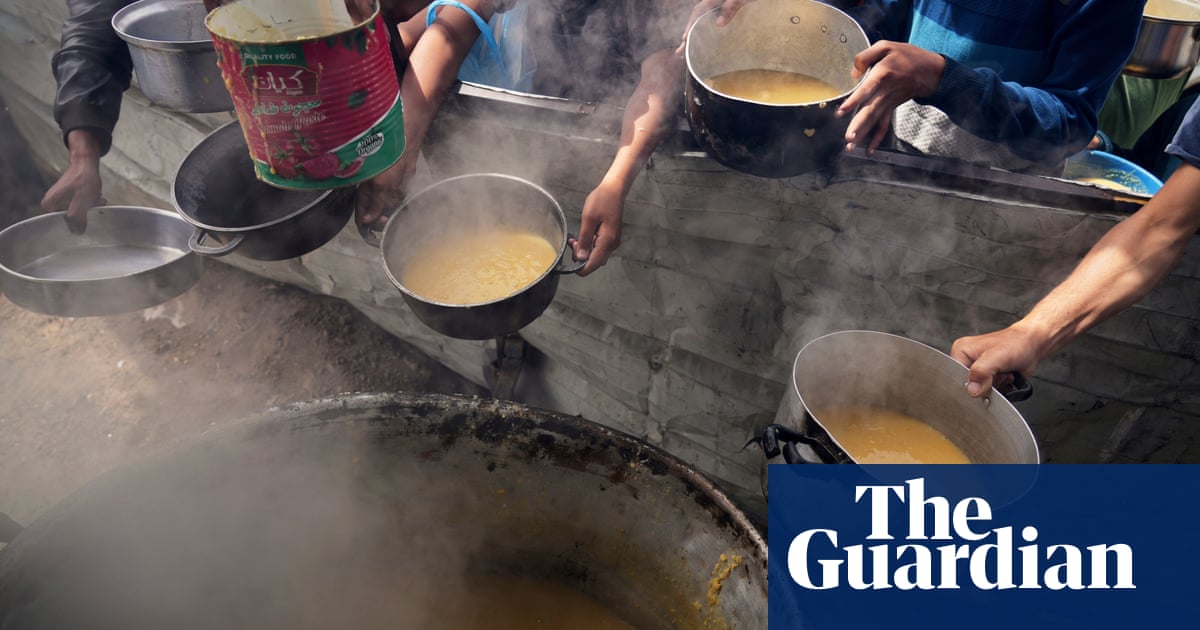Photo credit: www.theguardian.com
Israel faces significant legal scrutiny this week at the International Court of Justice (ICJ) in The Hague, as representatives from over 40 nations prepare to argue that the country’s comprehensive ban on collaboration with the United Nations Relief and Works Agency for Palestine Refugees in the Near East (UNRWA) represents a violation of the UN Charter.
The proceedings span five days and are particularly urgent following Israel’s decision on March 2 to halt all aid into Gaza. The core issue will be whether Israel has acted unlawfully by undermining the immunities granted to this UN body as a party to the UN Charter. In November, Israel ceased all interactions with UNRWA, alleging that the organization had been compromised by Hamas—a claim that is currently disputed.
UNRWA plays a vital role in delivering essential services, including food, education, and healthcare, to approximately 2 million individuals in Gaza. Recently, the UN World Food Programme announced it had depleting food supplies meant for hot meal distributions within Gaza. Philippe Lazzarini, the Commissioner-General of UNRWA, accused Israel of creating a “human-made famine.” Additionally, even U.S. President Donald Trump reportedly advised Israel to permit food deliveries into the region.
A collective of 45 nations and organizations, including the UN, has sought an advisory opinion from the 15-member panel regarding Israel’s actions. The U.S. and Hungary are anticipated to be the primary supporters defending Israel during the court proceedings.
While Israel has provided a written defense, it is not scheduled to present oral arguments during this week’s hearings.
This court case marks a critical moment in assessing Israel’s disregard for international law, especially following the ICJ’s significant rulings in early 2024, which directed Israel to permit unimpeded humanitarian aid into Gaza. In July 2024, the ICJ also deemed Israel’s occupation of Palestinian territories unlawful.
Despite these rulings, Israel has largely disregarded the advisory recommendations, further undermining confidence in the international legal framework.
The Palestinian rights organization Al-Haq has stated that it is “essential” for Israel to face potential repercussions, including losing its seat at the UN General Assembly, should it ignore the forthcoming ICJ advisory opinion. They argue that public trust in international law is at stake.
This legal initiative originated from a vote at the UN General Assembly in December, where 137 nations supported seeking an ICJ advisory opinion on whether Israel’s actions violate the immunities and privileges that need to be afforded to UN agencies like UNRWA.
UNRWA does not merely provide aid; it also manages educational institutions and health services in Gaza, the West Bank, and neighboring countries. Already, six UNRWA schools in East Jerusalem have been closed, facing separate challenges in domestic courts brought forth by Adalah, a Palestinian legal rights organization.
The UN’s legal argument is bolstered by more than 1,500 pieces of documentation that include records from the Security Council and General Assembly, outlining UNRWA’s origins, its role within the UN structure, and operational agreements established with Israel in 1967.
The ICJ’s primary focus is on inter-state disputes and abides by UN findings. The organization will be represented in court by its newly appointed legal counsel, Elinor Hammarskjöld, a Swedish lawyer and diplomat.
Central to the legal argument are two bills passed by the Knesset on October 28, which stated that UNRWA facilitates terrorist activities and mandated an end to all engagements with the agency. This move aligns with broader Israeli measures to restrict visas for NGO staff critical of its policies.
On March 2, coinciding with its decision to freeze relations with UNRWA, Israel also suspended all aid to Gaza in an effort to weaken Hamas. Recently, France, Germany, and the UK criticized Israeli Defense Minister Israel Katz’s remarks that suggested a linkage between aid provision and political leverage over Hamas.
In a document presented last week, UK Lawyers for Israel contended that Israel is entitled to terminate its relationship with UNRWA and to prevent UN operations on its sovereign territory during wartime. They argued that Israel has discretion regarding how to meet its humanitarian obligations and need not do so through UNRWA.
The group also posited that the ICJ lacks both the capability and impartiality needed to resolve this case, especially given the contentious nature of the evidence surrounding allegations of Hamas infiltration into UNRWA, as well as the potential for the World Food Programme to offer alternative aid solutions.
In a significant maneuver, the U.S. Justice Department recently informed a New York district court that UNRWA and its staff do not possess immunity in U.S. courts, thus reversing the Biden administration’s earlier stance. This development could allow victims of Hamas-related violence to pursue compensation from UNRWA officials.
Given the current challenges, the UN has appointed former British diplomat Ian Martin to review UNRWA’s future operations and financial stability.
Source
www.theguardian.com

